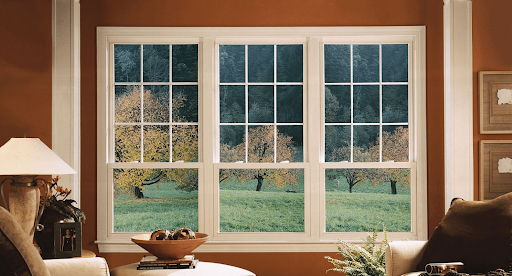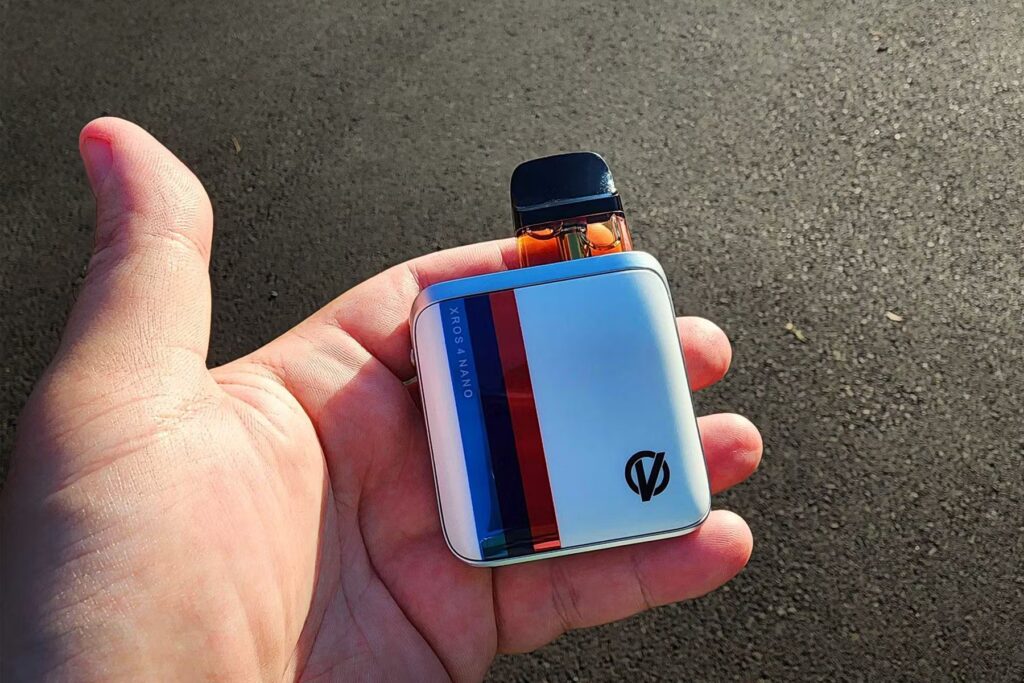Energy efficiency has become a priority for homeowners and businesses alike, especially as energy costs rise and environmental concerns grow. One area where efficiency improvements make a significant impact is in windows. Modern designs not only provide natural light and enhance aesthetics but also contribute to reducing energy bills and maintaining indoor comfort. Many people wonder whether window distributors carry energy-efficient window options, and the answer is a resounding yes. Today, distributors offer a wide selection of products designed to improve performance, sustainability, and long-term value.
Why Energy-Efficient Windows Matter
Traditional windows often allow heat to escape in winter and let unwanted warmth enter in summer. This problem forces heating and cooling systems to work harder, increasing energy usage and costs. Energy-efficient windows solve this issue by offering better insulation, advanced glazing, and durable frames that minimize heat transfer. For homeowners, this translates into a more comfortable living environment and lower utility bills, while businesses benefit from reduced operational expenses and greener building practices.
In a city or region where seasonal temperatures vary dramatically, investing in energy-efficient windows is not just a luxury — it’s a necessity. By choosing options that meet modern standards, property owners can make an immediate impact on both comfort and sustainability.
What Types of Energy-Efficient Windows Are Available?
Window distributors now carry a broad range of energy-efficient styles to meet different needs and budgets. Some of the most common options include:
1. Double- and Triple-Pane Glass
These windows feature multiple layers of glass separated by insulating gas fills like argon or krypton. The extra layers provide superior insulation, significantly reducing heat transfer compared to single-pane designs.
2. Low-E (Low Emissivity) Coatings
Low-E coatings are microscopically thin layers of metallic oxide applied to the glass surface. They reflect infrared light, keeping heat inside during winter and outside during summer, while still allowing natural light to pass through.
3. Gas-Filled Windows
In addition to Low-E coatings, many modern windows use insulating gas between the panes. Argon and krypton are the most common, both of which enhance thermal performance without compromising visibility.
4. Energy Star® Certified Windows
Many distributors carry windows that meet Energy Star® standards, which ensures the product has been tested and certified for energy performance in specific climate zones.
Features That Improve Window Efficiency
The effectiveness of energy-efficient windows depends not only on the glass but also on the frame materials and installation methods. For example:
- Vinyl frames provide excellent insulation and are low-maintenance.
- Fiberglass frames resist warping and expand less with temperature changes.
- Wood frames offer natural insulation but may require more upkeep.
- Composite frames combine materials for both durability and efficiency.
Window spacers and edge seals also contribute to long-term energy savings by preventing leaks and maintaining the integrity of insulated glass units.
Benefits of Choosing Energy-Efficient Options
When selecting windows from distributors that specialize in high-performance models, property owners enjoy several benefits:
- Lower energy bills: Improved insulation reduces reliance on HVAC systems.
- Enhanced comfort: Indoor temperatures remain more stable year-round.
- Reduced noise pollution: Multi-pane and insulated designs limit outside noise.
- Environmental responsibility: Energy-efficient windows support sustainability goals by reducing carbon footprints.
- Increased property value: Homes and commercial properties with modern energy-efficient features often attract higher resale prices.
The Role of Window Distributors
Today’s window distributors act as more than just suppliers — they are partners in helping homeowners and businesses find the right solutions. Many distributors provide consultations, energy ratings, and product comparisons so that customers can make informed decisions. They also work closely with manufacturers to ensure that new technologies, such as smart glass or integrated shading systems, are available to their clients.
Distributors also play a key role in connecting buyers with professional installers. Even the best energy-efficient window will fail to perform as intended if it is poorly installed. By recommending certified installers, distributors ensure their clients maximize the benefits of their investment.
Conclusion
In today’s market, the demand for sustainable and cost-saving home improvement products continues to grow. Fortunately, window distributors carry a wide selection of energy-efficient options, from double-pane windows to Low-E coated glass, ensuring that property owners can find solutions tailored to their needs. For those upgrading multiple areas of their home, working with trusted suppliers who also handle complementary products — such as a patio sliding door supplier — makes the process even more streamlined and effective.


